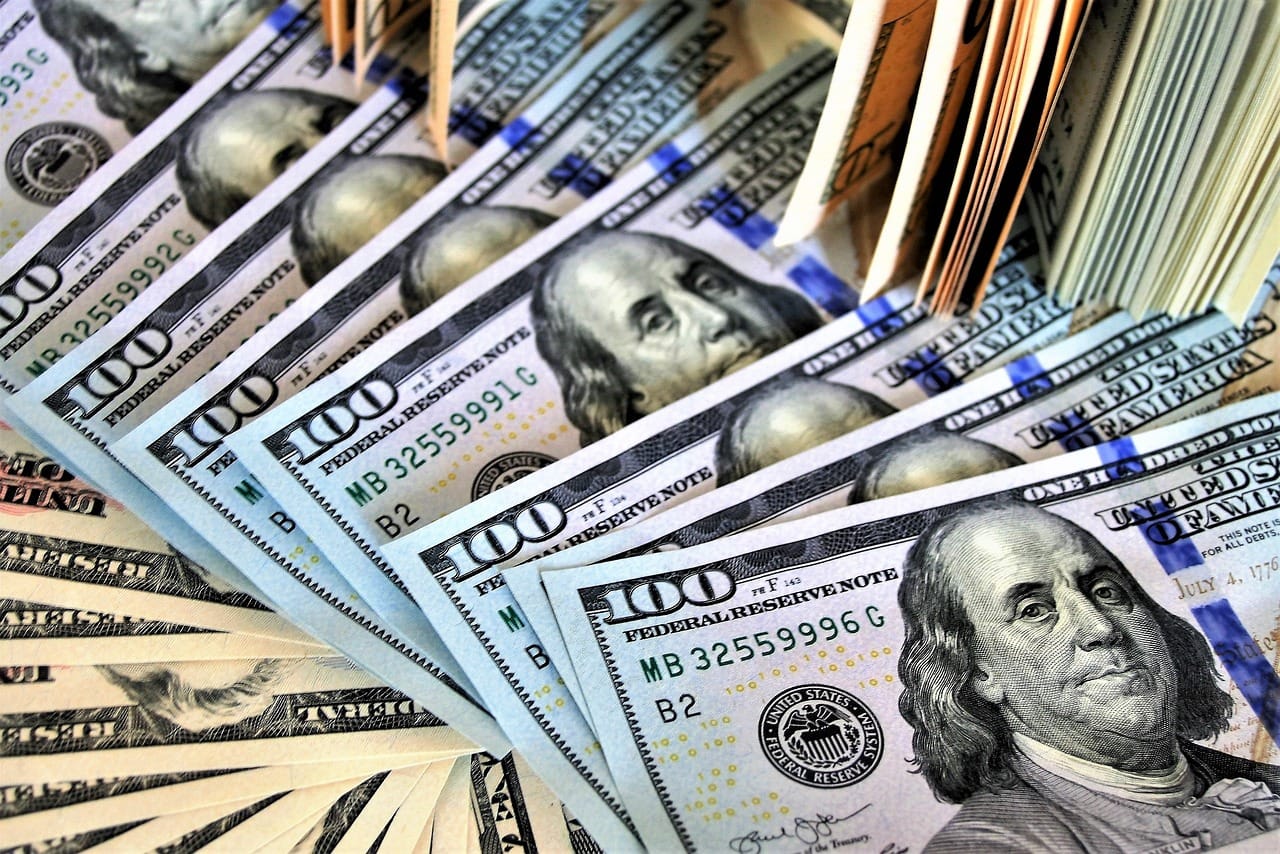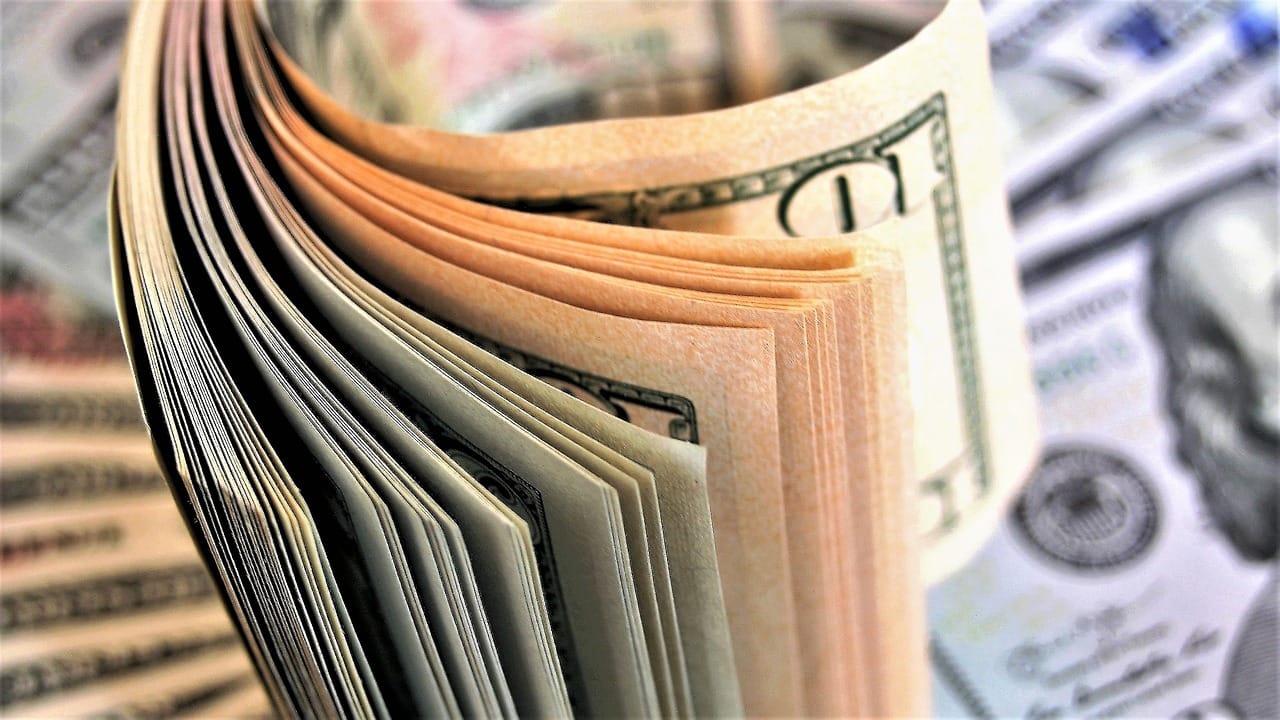The Power of Consumer Behavior: How it Shapes the Economic Outlook in the U.S
Understand the influence of consumer behavior on the U.S. economic outlook. Explore insights into spending patterns, trends, and their impact on the nation's economic landscape

Introduction to consumer behavior and its impact on the economy
Consumer behavior plays a crucial role in shaping the economic outlook in the United States. It refers to the study of individuals, groups, or organizations and the processes they use to select, secure, use, and dispose of products, services, experiences, or ideas to satisfy their needs and wants. Understanding consumer behavior is essential for businesses and policymakers alike, as it provides insights into market trends, spending patterns, and overall economic conditions.
Understanding the economic outlook in the United States

To comprehend the economic outlook in the United States, it is necessary to examine various factors such as GDP growth, employment rates, inflation, and consumer spending. These indicators paint a picture of the overall health of the economy and provide insights into the level of consumer confidence. By analyzing these factors, economists and policymakers can make informed decisions regarding economic policies and interventions.
Key players in analyzing consumer behavior – Jared Bernstein and the White House Council of Economic Advisers
Jared Bernstein, a renowned economist and former member of the White House Council of Economic Advisers, has played a significant role in analyzing consumer behavior and its impact on the American economy. Bernstein's expertise in labor economics and income inequality has helped shed light on the relationship between consumer behavior and economic conditions. The White House Council of Economic Advisers, an influential body responsible for providing the President with economic advice, also plays a crucial role in analyzing consumer behavior and shaping economic policies.
Economic indicators and their role in predicting consumer behavior
Economic indicators serve as valuable tools for predicting consumer behavior. Indicators such as GDP growth, inflation rates, and employment figures provide insights into the overall economic conditions and help gauge consumer sentiment. For instance, when GDP growth is strong and employment rates are high, consumers tend to feel more confident about their financial situation, leading to increased spending. On the other hand, during periods of economic downturns, consumers may become more cautious and reduce their spending, impacting the overall economy.
Analyzing consumer confidence and its influence on the American economy
Consumer confidence is a key factor influencing the American economy. It refers to the degree of optimism or pessimism that consumers feel regarding their financial situation and the overall state of the economy. High consumer confidence generally leads to increased spending, investment, and economic growth. Conversely, low consumer confidence can result in reduced spending and a slowdown in economic activity. Understanding consumer confidence is crucial for businesses and policymakers as it helps predict future economic trends and adjust strategies accordingly.
Market trends and their connection to consumer spending patterns
Market trends play a vital role in shaping consumer spending patterns. By analyzing consumer behavior, businesses can identify emerging trends and adapt their products and services to meet changing consumer preferences. For example, the rise of e-commerce has transformed the retail landscape, with consumers increasingly opting for online shopping. Understanding market trends allows businesses to stay ahead of the curve and cater to evolving consumer demands, thus influencing the overall economic outlook.
The importance of economic analysis and forecasting in understanding consumer behavior
Economic analysis and forecasting play a crucial role in understanding consumer behavior. By analyzing economic data, economists can identify patterns, trends, and correlations that provide insights into consumer sentiment. This information is invaluable for businesses and policymakers in making informed decisions about production, investment, and economic policies. Accurate economic forecasting allows stakeholders to anticipate changes in consumer behavior and adjust their strategies accordingly, thus influencing the economic outlook.
Market research and its role in predicting consumer sentiment
Market research plays a pivotal role in predicting consumer sentiment. By conducting surveys, focus groups, and analyzing data, businesses can gain valuable insights into consumer preferences, attitudes, and purchasing behaviors. This information helps companies identify target markets, develop effective marketing strategies, and predict consumer responses to new products or services. Market research serves as a crucial tool in understanding consumer behavior and shaping economic predictions.
The impact of fiscal policy on consumer behavior

Fiscal policy, implemented by the government through changes in taxation and spending, has a significant impact on consumer behavior. For instance, tax cuts can increase consumers' disposable income, leading to higher spending and economic growth. On the other hand, tax increases can reduce consumers' purchasing power and result in decreased spending. By understanding the impact of fiscal policy on consumer behavior, policymakers can make informed decisions to stimulate or stabilize the economy.
Economic trends and their effects on consumer spending
Economic trends, such as inflation, interest rates, and income growth, have a direct impact on consumer spending. Inflation erodes the purchasing power of consumers, leading to reduced spending. Similarly, high-interest rates can discourage borrowing and limit consumer spending. Conversely, rising incomes and low inflation rates can boost consumer confidence and increase spending. Understanding these economic trends is crucial for businesses and policymakers to anticipate changes in consumer behavior and adapt their strategies accordingly.
The role of consumer research in shaping economic predictions
Consumer research plays a vital role in shaping economic predictions. By studying consumer behavior, businesses and economists can identify patterns, preferences, and trends that provide insights into future economic conditions. For example, analyzing consumer sentiment can help predict changes in spending patterns and overall economic growth. By integrating consumer research into economic analysis, stakeholders can make more accurate predictions regarding the economic outlook.
Understanding the relationship between consumer behavior and financial markets
Consumer behavior and financial markets are closely intertwined. Changes in consumer sentiment can have a significant impact on stock markets, investments, and overall economic stability. For instance, positive consumer sentiment can lead to increased investments in stocks, contributing to market growth. On the other hand, negative consumer sentiment can result in market downturns and decreased investments. Understanding the relationship between consumer behavior and financial markets is crucial for investors and policymakers in predicting market trends and maintaining economic stability.
The link between economic policy and consumer behavior
Economic policies implemented by governments can have a profound impact on consumer behavior. Policies such as tax reforms, monetary interventions, and regulations can shape consumer sentiment and spending patterns. For example, when governments implement policies that promote job creation and income growth, consumers are likely to feel more confident and spend more. Conversely, policies that increase taxes or introduce restrictive regulations can dampen consumer confidence and reduce spending. Recognizing the link between economic policy and consumer behavior allows policymakers to make informed decisions that influence the economic outlook.
Conclusion: The power of consumer behavior in shaping the economic outlook in the U.S.
Consumer behavior is a powerful force that shapes the economic outlook in the United States. Understanding consumer preferences, spending patterns, and sentiment provides valuable insights into market trends, economic conditions, and overall economic growth. By analyzing consumer behavior, economists, businesses, and policymakers can make informed decisions, predict market changes, and shape economic policies. The power of consumer behavior cannot be underestimated, as it serves as a driving force behind the American economy.
CTA:
To stay ahead in the dynamic world of consumer behavior and its impact on the economy, it is crucial to keep yourself informed. Stay updated with the latest economic indicators, market trends, and consumer research to make better business decisions. Subscribe to our newsletter for regular updates and insights into consumer behavior and its influence on the economic outlook in the U.S. Together, we can navigate the ever-changing landscape and seize opportunities for growth.




